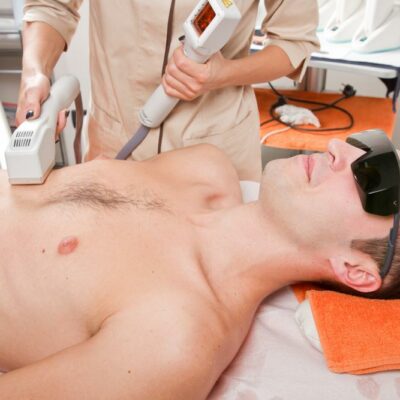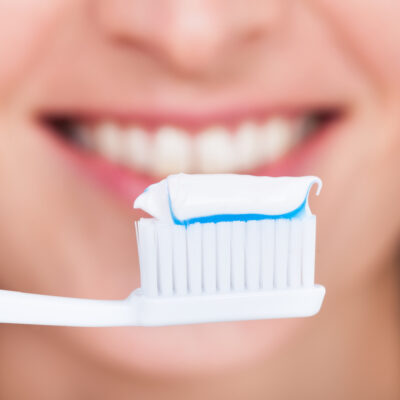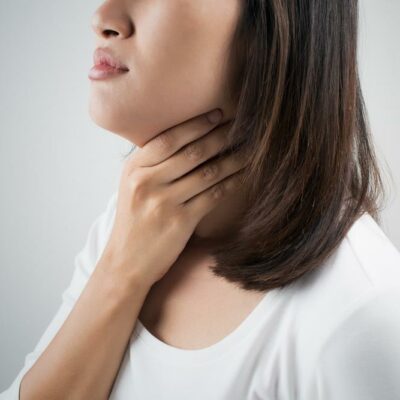
Natural and Homemade Hair Removal Methods
The process of removing unwanted hair can be costly. Visits to the salon and home waxing kits can take a toll on your wallet. To escape the excess pain and expense of hair removal methods from salons, you can try out some magical home remedies for hair removal. In this article, we look at some wise and safe methods to get smooth, glowing, and hairless skin from the comfort of your home. Some of the natural hair removal methods include the following: 1. Sugar wax Sugar wax is one of the more common hair removal methods. Take 200g sugar, 60ml lemon juice, and 60ml water, and heat these three ingredients in a saucepan. Keep stirring to avoid sugar from sticking to the bottom of the pan. Once it is boiling, reduce the flame. After the mixture turns golden brown, remove it from the stove and store it in a jar for around 30 minutes. Take a little portion in your hand and roll it into a ball as it cools down. After spreading it on the area you want to wax, let it stay for a minute, and then pull the sugar wax from one corner. The pull should be in the direction opposite to hair growth.
Learn More 

























